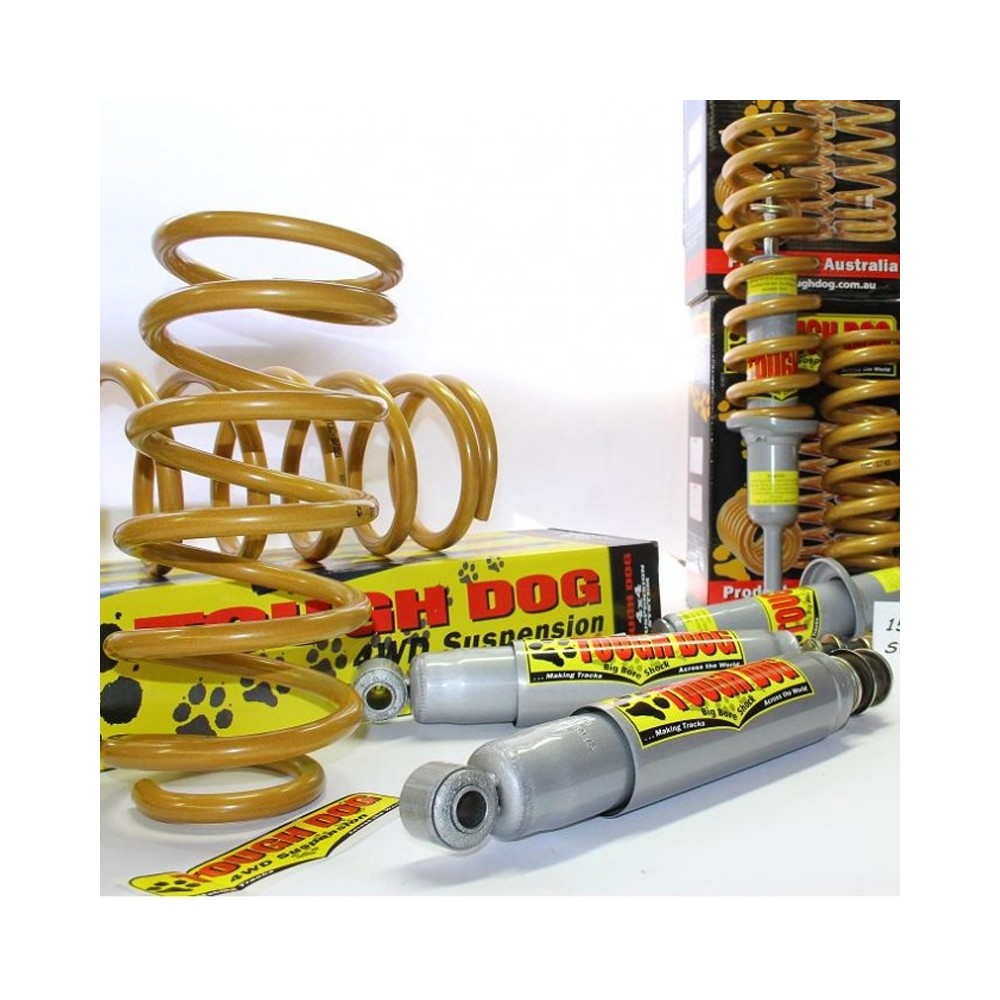Eco-accommodating freight logistics is a fundamental part chasing manageable turn of events and lessening the natural effect of transportation. Embracing sustainable power sources is a critical stage towards accomplishing this objective. By moving away from customary petroleum product controlled logistics activities and taking on sustainable power options, the freight business can essentially add to alleviating environmental change and diminishing ozone harming substance outflows. Sustainable power sources, for example, sun oriented, wind, hydro and bioenergy, offer a perfect and maintainable answer for driving freight logistics. Sun based power, for example, can be saddled through the establishment of photovoltaic boards on stockrooms, conveyance focuses and even vehicles. These boards can create power to control lighting, warming, cooling and other energy-concentrated activities. Furthermore, overabundance energy produced during light hours can be put away in batteries for use during the evening or during times of low daylight, guaranteeing a constant and dependable power supply.
Wind energy is one more encouraging sustainable source that can be used in freight logistics. On location wind turbines decisively positioned at ports, terminals or stockrooms can produce power to drive different hardware and apparatus. Moreover, wind power can be incorporated into the electric network to supply clean energy to electric freight vehicles, decreasing their dependence on petroleum derivatives and limiting fossil fuel byproducts. Hydroelectric power, created from streaming water, can likewise assume a huge part in eco-accommodating LTL freight logistics administrations. Ports and terminals situated close to streams or waterways can take advantage of hydroelectricity to control activities. Moreover, creative advances, for example, motor energy recuperation frameworks can be carried out to saddle the energy produced by the development of vehicles and convert it into power. Bioenergy got from natural materials and waste, presents one more reasonable choice for economical freight logistics. Biofuels, for example, biodiesel and bioethanol, can be created from inexhaustible sources, for example, plant oils, rural deposits and green growth. These biofuels can be utilized as a substitute for regular non-renewable energy sources, essentially lessening ozone harming substance outflows from freight transportation.
Integrating sustainable power sources into freight logistics helps the climate as well as offers monetary benefits. By diminishing dependence on unpredictable non-renewable energy source costs organizations can accomplish long haul cost investment funds and worked on functional proficiency. Besides, putting resources into environmentally friendly power foundation and innovations can set out new position open doors and invigorate nearby economies. To completely embrace environmentally friendly power in freight logistics, joint effort between different partners is essential. States can assume a vital part by executing steady strategies, giving impetuses and laying out administrative systems that support the reception of clean energy options. Industry pioneers and logistics organizations can put resources into innovative work to improve environmentally friendly power advancements and investigate imaginative arrangements. The change to sustainable power helps the climate as well as offers monetary benefits and drives development in the logistics area. By cooperating, we can construct a more reasonable and versatile freight transportation framework.

